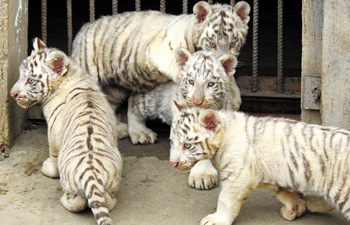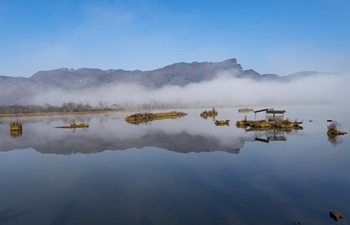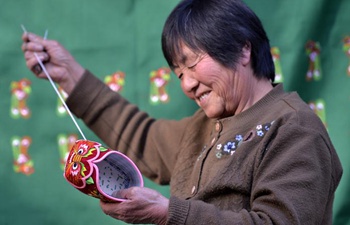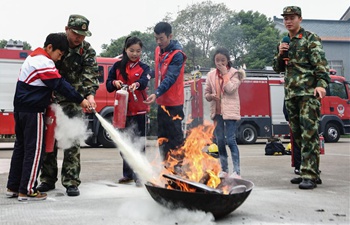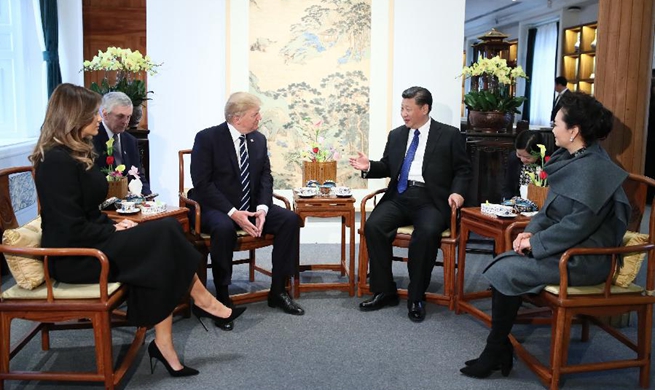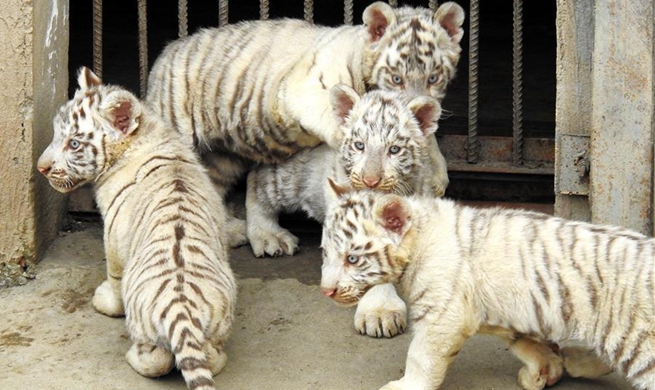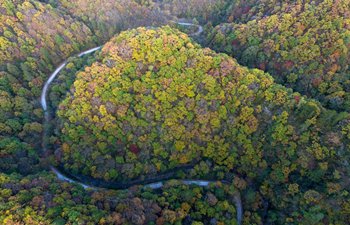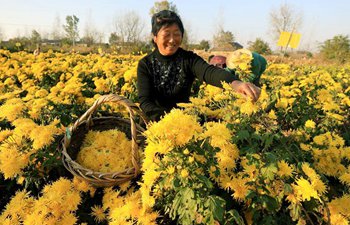NAIROBI, Nov. 8 (Xinhua) -- Kenya plans to accelerate measures to reduce green house gas emissions in order to fight climate change, a senior government official said on Wednesday.
Cabinet Secretary in the Ministry of Water and Irrigation Eugene Wamalwa told an environment forum in Nairobi that some of the voluntary measures include the expansion of electricity generation through tapping renewable energy sources.
"Currently, two thirds of Kenya's electricity capacity is sourced from geothermal and hydropower and therefore, we are on track in this area. Additionally, we are committed to achieving and maintaining ten percent tree cover, development of climate smart agriculture as well as low carbon and efficient transport systems," Wamalwa said during the official opening of the Symposium on Climate Change and Drought Resilience in Africa.
The two-day event brought policy makers, academicians and researchers from Africa to review the continent's progress in combating climate change.
Wamalwa said that despite the fact that Kenya contributes a mere 0.1 percent of the total global emissions, the country has pledged to undertake national measures and actions for emission reduction and for enhancing adaptation to climate change.
He said the national endowment of renewable fresh water in Kenya is low and unevenly distributed.
"The scarcity of water which is exacerbated by climate change has led to conflict as pastoralists have encroached into game parks chasing wildlife away from their national habitats. Wildlife such as lions and snakes have also invaded human settlements seeking water," he added.
Wamalwa noted that the negative effects of climate change have not spared Kenya. Being in the Horn of Africa region, Kenya has experienced the highest temperatures ever recorded in the past three years, he said.
"Accompanying the high temperatures has been severely low levels of rain, which have resulted in food scarcity particularly in the arid and semi-arid regions of the country," Wamalwa said.





